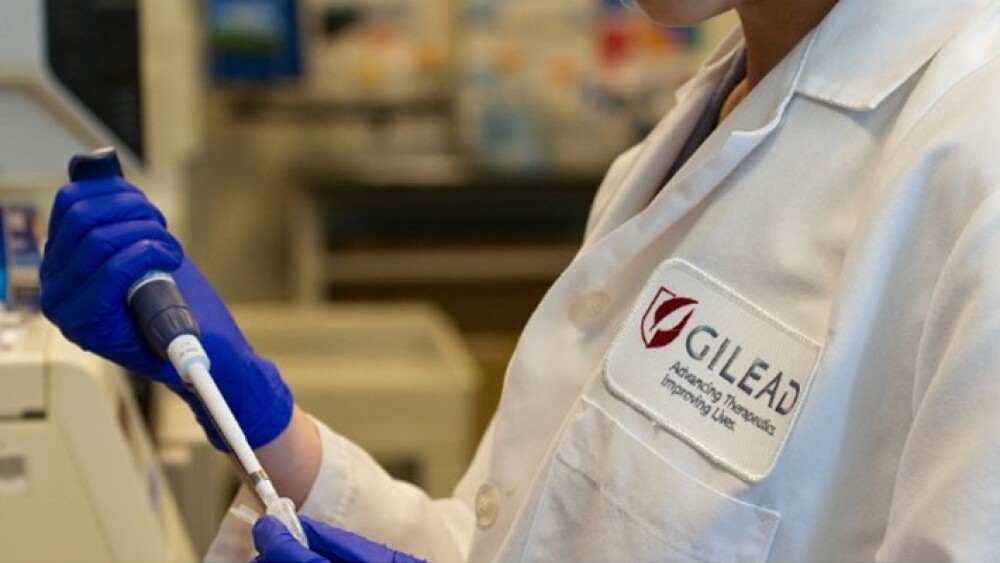November 22, 2016
By Mark Terry, BioSpace.com Breaking News Staff
Gilead Sciences terminated a collaboration deal with Louisville, Colo.-based GlobeImmune for its hepatitis B treatment, GS-4774 last week, and the initial impression was that Gilead severed ties because GS-4774 failed to meet its primary endpoint in a Phase II clinical trial in May. Now, however, it appears that is just part of the story.
Investing in hepatitis B (HBV) makes total sense for Gilead, a dominant player in hepatitis C (HCV) and HIV. And investing in GlobeImmune supported that idea.
But earlier this month, on November 10, Gilead announced that the U.S. Food and Drug Administration (FDA) had approved its Verily (tnofovir alafenamide) to treat HBV. Vemildy is a once-daily pill of 25mg. It was shortly afterward approved by the European Commission as well.
In other words, Vemildy has similar efficacy to its Viread, but at about 10 percent of the dosage. A week later, Gilead canceled its license agreement with GlobeImmune. It seems likely, however, that the Gilead license termination had more to do with GlobeImmune’s experimental drug failing a Phase II trial than on Gilead’s own HBV drug getting approved, especially in a field where combination therapies are so common.
Hepatitis B and C, as well as A, D and E, all attack the liver. A, B and C are the most common in the U.S., but B and C can become chronic conditions. In the U.S., according to the Centers for Disease Control and Prevention (CDC), between 2.7 and 3.9 million people in the U.S. have chronic hepatitis C. It is typically spread through contact with infected blood. Chronic hepatitis B affects between 850,000 and 2.2 million people in the U.S. It is most commonly spread through sexual contact, although it can also be spread through blood.
So far, treatments for HBV are just that, treatments. Gilead’s Harvoni is essentially a cure for HCV. So, although HBV is expected to grow as a market, HCV is shrinking.
Seeking Alpha postulates that Gilead’s success is pretty much GlobeImmune’s doom. Another way of thinking of that, however, is that GlobeImmune’s failure is GlobeImmune’s doom, and Gilead is just abandoning a sinking ship. Having said that, the question becomes, what about other competitors in HBV? For the most part, that means Merck and GlaxoSmithKline .
Merck markets Recombivax-HB in the U.S. and HBVaxPro in Europe. Recombivax is a vaccine and, as such, is preventative. Evaluategroup.com estimated worldwide sales of Recombivax in 2015 at $185 million.
GSK markets vaccines Engerix-B in the U.S. and Fendrix in Europe. The company has indicated annualized hepatitis revenue of about $735 million with little presence in HCV.
Seeking Alpha concludes that cutting ties with GlobeImmune “practically confirms Vemildy’s potential, at least in Gilead’s eyes.” That might be a little overstated, given that GlobeImmune’s own product failed a Phase II trial.
Seeking Alpha writes, “The $3 billion HBV market represents the next growth opportunity for Gilead, and GSK and Merck could be next on its hit list. I rate Gilead a sell due to its dependence on shrinking HCV sales, but its potential to drive HBV revenue appears promising.”
Gilead are currently trading for $74.98.





